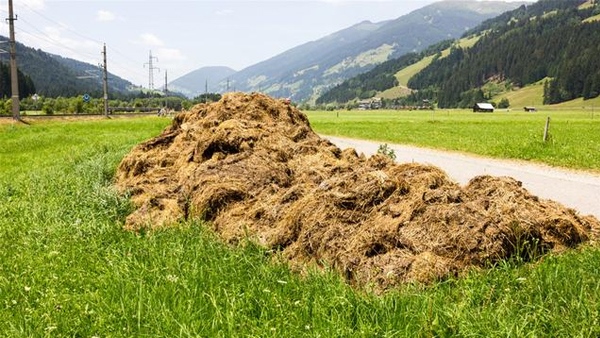
2021-09-17
The most widely used fertilizers on the market are probably nitrogen, phosphorus, and potash fertilizers. In fact, nitrogen and potassium were discovered later than humic acid. Unfortunately, so far, we all know nitrogen, leaf, and potassium. Many people don't know much about humic acid. It’s not difficult to understand. After all, the effects of nitrogen, phosphorus, and potassium are more obvious. After fertilization, everyone can see the effect. Humic acid is different. It belongs to the kind of fertilizer that is silently paid. What it does.
Today, Huazhen Agriculture will explain to you the seven major effects of humic acid! To help you better understand the benefits of humic acid, this is also the reason why humic acid is loved by senior farmers!
1. Humic acid is the binder of soil gravel, and now there will inevitably be gravel in the soil. It is precisely because of the presence of humic acid that plants can grow better in soil containing gravel.
2. Humic acid is a water-retaining agent for the soil. Humic acid can effectively prevent the evaporation of water in the soil. Even if there is little rain and water, it can ensure that the growth of crops is not affected to a certain extent.
3. Humic acid has strong chelating ability and can chelate almost all nutrients needed for plant growth.
4. Humic acid is an activator and fertilizer-preserving agent of mineral elements in the soil.
5. Humic acid molecules also contain buffering agents for soil acid bases and acid groups.
6. Humic acid becomes a soil antidote. The chelating agent can detoxify the toxic heavy metal ions in the soil.
7. Humic acid can also increase ground temperature, electrical conductivity, aggregate structure and microbial carbon source.

下一条: No Information